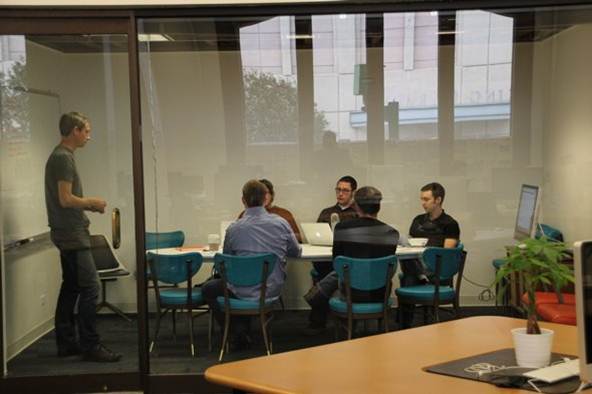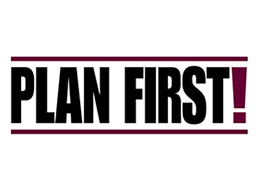By Susan de la Vergne In the 1960’s, the brilliant and sarcastic mathematician-turned-comedian, Tom Lehrer, once went off on a short tirade about interpersonal communication. Yes, it was as hot a topic 45 years ago as it is now. In his rant Mr. Lehrer observed, “One problem that recurs more and more frequently these days in books and plays and movies is the inability of people to communicate with the people they love—husbands and wives who can’t communicate, children who can’t communicate with their parents, and so on.”
By Susan de la Vergne My boss several years ago was a masterful meeting leader. Even when he wasn’t officially leading the meeting, he was good at it. What was his secret? He did his homework. He prepared. He had not only completed whatever assignment he had, but he’d also gauged the situation and participants beforehand.
By Steve Wetterling Back when the Project Management Institute was an unheard-of start-up organization, I took my first project management course. The instructor was Ron LaFleur, a dynamic teacher who had managed all sorts of military and aerospace projects for Raytheon during the height of the Cold War. In the three-day course, he shared with us what he had learned during his long and varied career.
Driving Change: What Does It Take?
The challenge of organizing and implementing change is big all by itself, yet it's something engineering leaders are often called on to do. The bigger challenge, even bigger than driving the change in the first place, is making change stick. A change leader can never declare “mission accomplished” until the change actually takes hold, for the long haul.
By Susan de la Vergne Phil is a manager at a biotech company in Colorado that's been acquired by an even larger one in Texas. The acquisition has been a rough ride so far. People in the acquired company don’t like the new management, and the new management hasn’t made any effort to improve that opinion.
By Susan de la Vergne Brace yourself. I'm going to make a shocking recommendation about how to prepare slides for technical presentations. Here goes: Don't use design templates. Ever. You know the ones I mean, those decorative templates in PowerPoint and other slide products with the colored frames, borders and bars, and the dots and doodads in the corner. They're a terrible idea! Why? Because design templates detract from your presentation rather than improve it.
By Susan de la Vergne Technical professionals and engineers tell me the one thing that really bothers them about the whole business of writing is how messy it is. There’s no one right answer to anything. You can phrase something this way or that way, and either one is good. You can organize your subject matter one way or a different way, and both are right.
By Steve Wetterling Don’t you just love optimism? By that I mean, for example, when we see the possibility for success rather than failure. That’s optimism. Or when we see a glass that’s half full rather than half empty. That’s optimism, too. To some extent, it’s a matter of perspective. We can choose to see the world as a place stacked with opportunity or loaded with problems.
By Susan de la Vergne Warning: If you read this story, you may just want to change how you manage requirements. Roger was the business analyst in charge of gathering and documenting system requirements on a major business IT project when he was asked to assume the role of project manager.
By Susan de la Vergne At the gym, from my vantage point bouncing on an elliptical machine, I take an inventory of messages. That is, I look around to see how many ideas, products, and people are trying to get my attention while I am trying (somewhat in vain) to mind my own business.










